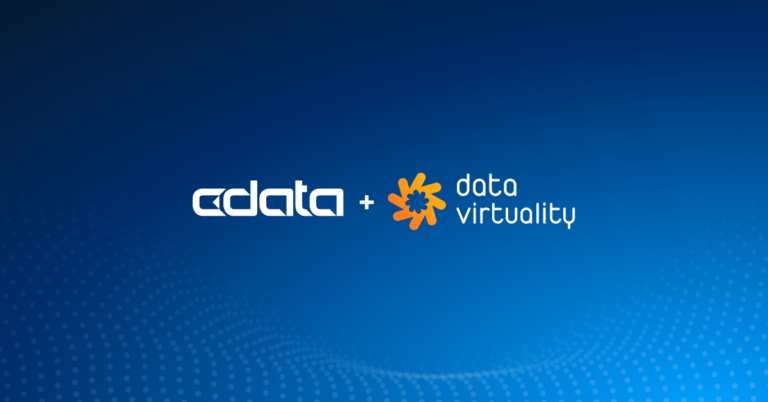
CData Software Acquires Data Virtuality to Modernize Data Virtualization for the Enterprise
Data Virtuality brings enterprise data virtualization capabilities to CData, delivering highly-performant access to live data at any scale.
Explore how you can use the Data Virtuality Platform in different scenarios.
Learn more about the Data Virtuality Platform or to make your work with Data Virtuality even more successful.
Insights on product updates, useful guides and further informative articles.
Find insightful webinars, whitepapers and ebooks in our resource library.
Stronger together. Learn more about our partner programs.
Read, watch and learn what our customers achieved with Data Virtuality.
In our documentation you will find everything to know about our products
Read the answers to frequently asked questions about Data Virtuality.
In this on-demand webinar, we look at how a modern data architecture can help data scientists to be faster and to work more efficiently.
Learn more about us as a company, our strong partner ecosystem and our career opportunities.
How we achieve data security and transparency
Today’s business world is constantly changing and organizations need to be able to respond as fast as possible in order to maintain their competitive edge. For data teams, this means increased pressure to deliver data faster and more flexibly.
However, there are certain aspects which impact the flexibility and speed in generating valuable insights.
Data silos, different formats, and the fact that most data systems require technical knowledge to operate are some of the main challenges which lead to increased turnaround time for business requests. Because before you get to use it, you first have to find it and change it to the correct format. At the same time, data governance and data quality aspects need to be ensured and self-service initiatives supported. The importance of the latter is well reflected in the latest trends such as Data Mesh.
There is a need for a solution that not only integrates all these disparate data sources but also democratizes data by making it available to more users, including an ever increasing number of business users.
This solution needs to function more like an operating system. Something similar to what you have on your computer where all the components and devices are working together as one without requiring your intervention. You don’t need to specify how much CPU, memory and storage each program you’re using gets, the operating system handles that for you.
It should be the same for data. The technical complexity should be hidden and the data should be exposed in the most efficient way for the user. This way they can focus on getting the maximum value from it without spending energy on time-consuming tasks such as formatting or writing code. For Data Virtuality, Advanced Data Virtualization is one of the main drivers in this Data Operating System (Data OS) approach.
In an EM360 podcast, Dr. Nick Golovin, Founder and CEO of Data Virtuality talks in detail about Advanced Data Virtualization, what it means for businesses, and how it can be applied. He also discusses about two big trends in the data virtualization market:
By combining data virtualization with ETL/ELT, we enable businesses to leverage the full potential of their data, providing a single source of truth platform. Our flexible platform which combines different integration methods in one, is a reliable enabler and accelerator for modern data architectures, like data fabric, data mesh, unified data platform and hybrid-/ multi-cloud environments.
Enterprises around the world, such as BSH, PGGM, PartnerRe or Crédit Agricole use the Data Virtuality Platform to lower the costs associated with their data integration initiatives, increase the productivity of their data teams and reduce time-to-market.
Book a demo and discover how our platform can help your business thrive.

Data Virtuality brings enterprise data virtualization capabilities to CData, delivering highly-performant access to live data at any scale.

Discover how integrating data warehouse automation with data virtualization can lead to better managed and optimized data workflows.
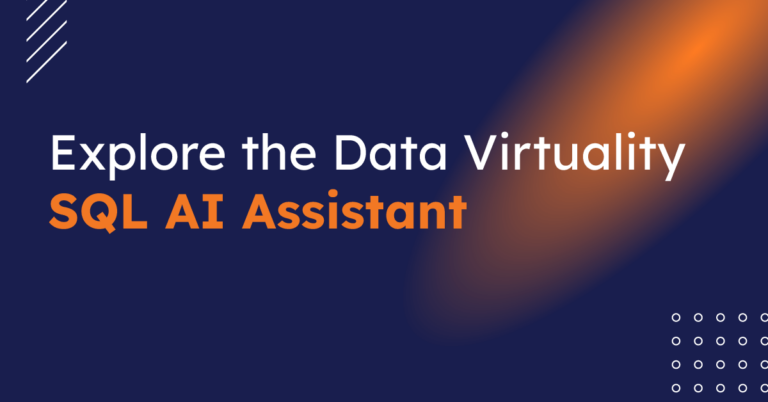
Discover how our ChatGPT powered SQL AI Assistant can help Data Virtuality users boost their performance when working with data.
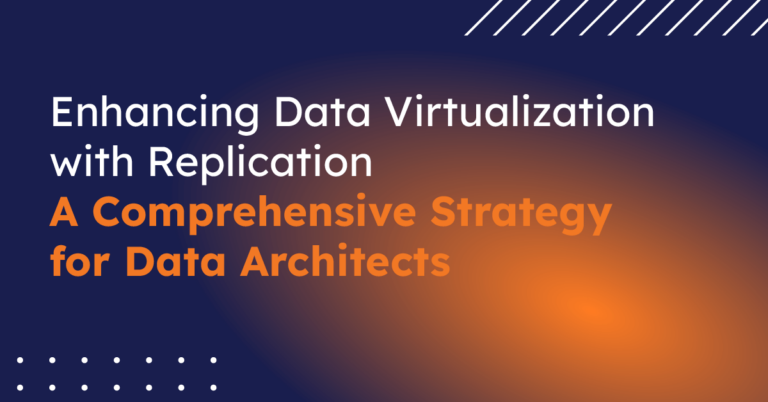
While caching offers certain advantages, it’s not a one-size-fits-all solution. To comprehensively meet business requirements, combining data virtualization with replication is key.
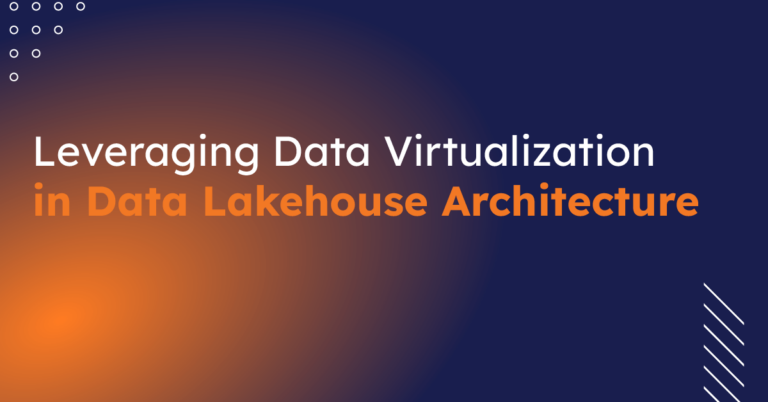
Explore the potential of Data Virtuality’s connector for Databricks, enhancing your data lakehouse experience with flexible integration.
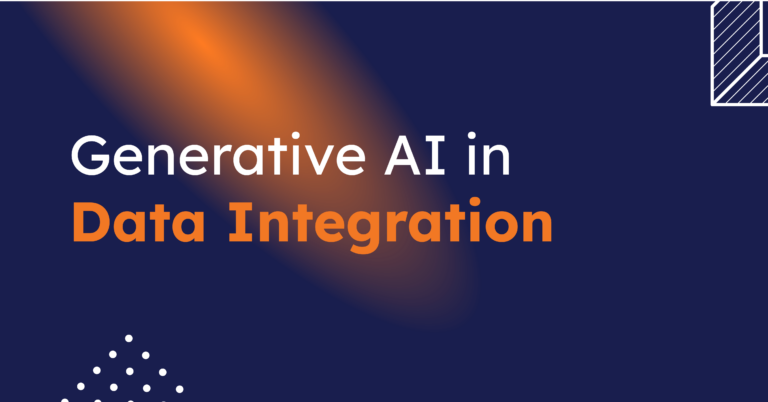
Generative AI is an exciting new technology which is helping to democratise and accelerate data management tasks including data engineering.
Leipzig
Katharinenstrasse 15 | 04109 | Germany
Munich
Trimburgstraße 2 | 81249 | Germany
San Francisco
2261 Market Street #4788 | CA 94114 | USA
Follow Us on Social Media
Our mission is to enable businesses to leverage the full potential of their data by providing a single source of truth platform to connect and manage all data.